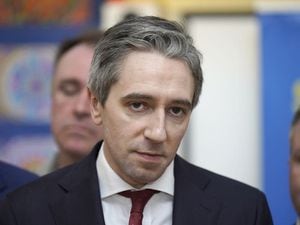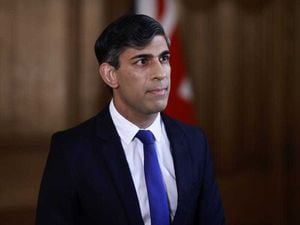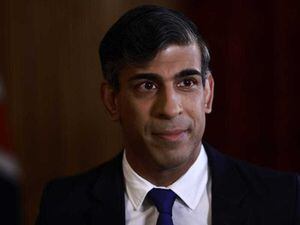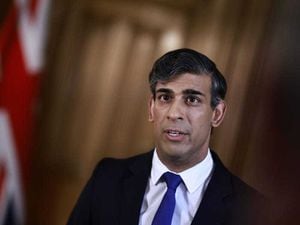Iranians pressured Nazanin Zaghari-Ratcliffe to spy on Britain, husband says
The Iranian ambassador has been summoned to the Foreign Office to discuss the ‘deeply concerning deterioration’ in her health.
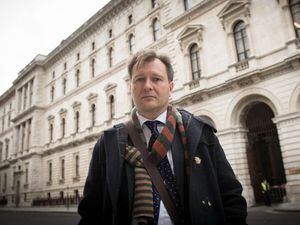
Iranian interrogators tried to pressure jailed mother Nazanin Zaghari-Ratcliffe to spy on Britain in exchange for freedom, her husband said as she started a hunger strike.
The British-Iranian and another detainee began protesting on Monday morning over a lack of access to proper medical care, Richard Ratcliffe told a press conference in London.
He also revealed the 40-year-old charity worker was striking over an attempt by Iranian Revolutionary Guard Corps interrogators to pressure her to turn informant for Iran in late December.

In a rare move, Foreign Secretary Jeremy Hunt summoned the Iranian ambassador to his department on Monday to discuss the “totally unacceptable” detention and to demand immediate healthcare access.
Mr Ratcliffe told the conference that his wife was “pushed over the edge” to start the strike when, on December 29, investigators asked her to spy on Britain.
“She was told it would be safer for her and safer for her family afterwards if she agreed to do this,” he said.
“She was told to think about it and that they would return. She has been terrified ever since.”
Specific demands were made to snoop on the Department for International Development and London-based organisation Small Media, he added.
Mr Ratcliffe said she did not agree to this and investigators were yet to return to question her again.
After the conference, he told the Press Association the move was “pretty ominous”.
“She was hugely worried as to what was going to happen to her and her family and whether she was going to be taken back to solitary,” he added.
“We are in a scary place.”
He also said his wife, of Hampstead, north-west London, has been refused a mammogram after a doctor found new lumps in her breasts last month.

“Clearly the worry of what those lumps mean has been preying on her mind,” he added.
Mr Ratcliffe later met with Mr Hunt for some 40 minutes, during which they discussed the prospect of granting her diplomatic protection.
The escalation – not yet ruled out by the Foreign Secretary – would give the UK greater access to the charity worker.
Mr Ratcliffe said the minister vowed to “do all we can” to return his wife.
The pair spoke after Mr Hunt summoned the Iranian ambassador to the UK for a meeting. It is the first time he has made such a move since becoming Foreign Secretary.
Mr Hunt tweeted: “Her ongoing detention is TOTALLY unacceptable and her treatment at the hands of Iranian authorities is a fundamental breach of human rights.
“It is a truly terrible indictment of Iran’s approach that she feels she needs to resort to such an ordeal. Iran must take action now.”
Ms Zaghari-Ratcliffe, who works for the Thomson Reuters Foundation, was arrested at Tehran’s Imam Khomeini airport on April 3 2016 and sentenced to five years in jail.
Iran has publicly accused her of spying, which she vehemently denies.
Ms Zaghari-Ratcliffe was planning to go on an initial three-day hunger strike alongside fellow Evin prison detainee Narges Mohammedi – but may fast for longer if her demands are not met.

A Foreign Office spokeswoman said: “The Foreign Secretary discussed this course of action with Richard Ratcliffe today, and will continue to actively consider the question of diplomatic protection alongside all other options in Nazanin’s case and the cases of other dual nationals detained in Iran.
“The Foreign Secretary has been clear that innocent people in prison must not be used as diplomatic leverage.”
Monique Villa, the chief executive of the Thomson Reuters Foundation, told the conference that denying medical access was a “kind of very slow torture”.
She added that her employee has suffered “severe depression” in custody and reiterated she is not guilty of espionage.

